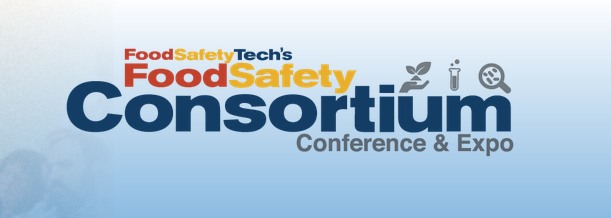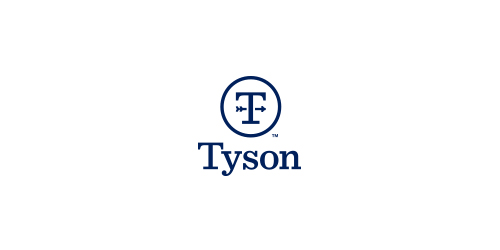

Learning from the past year will play a pivotal role in survival for brands, companies and establishments.

Learning from the past year will play a pivotal role in survival for brands, companies and establishments.

Regenerative and precision agriculture are the leading processes and philosophies being used to help the industry address climate change and other disruptors to the total food supply chain.

This week’s discussion features an examination of GFSI and its fitness for the next 20 years, along with the critical issues that face the future of food safety technology.

Nine brands of “olive oil” pulled from shelves in Brazil.

The newly created position for the physician executive is a move to focus on the health and safety of company workers.

No one can do it all. Partnerships are the essence of any organization as they promote new perspectives, increase creativity and ultimately, lead to better outcomes.

Industry experts will explore recalls, standards and how to prepare for blockchain in the new era of smarter food safety.

The impact of the COVID-19 pandemic has demonstrated the critical importance of implementing effective cleaning and disinfection measures in non-production (i.e., offices and welfare) areas to ensure employee health and sustainability of plant operations. Elevated emphasis on the application of thoroughly established food production sanitation best practices to these areas will be an increasingly common theme for food processors in the near future.

Contaminated and spoiled fruit juice was sold to school lunch program.

Facilitating a strong culture is key to ensuring the success of a color-coding plan. One way to double down on this front is by ensuring the plan itself is as inclusive as possible.